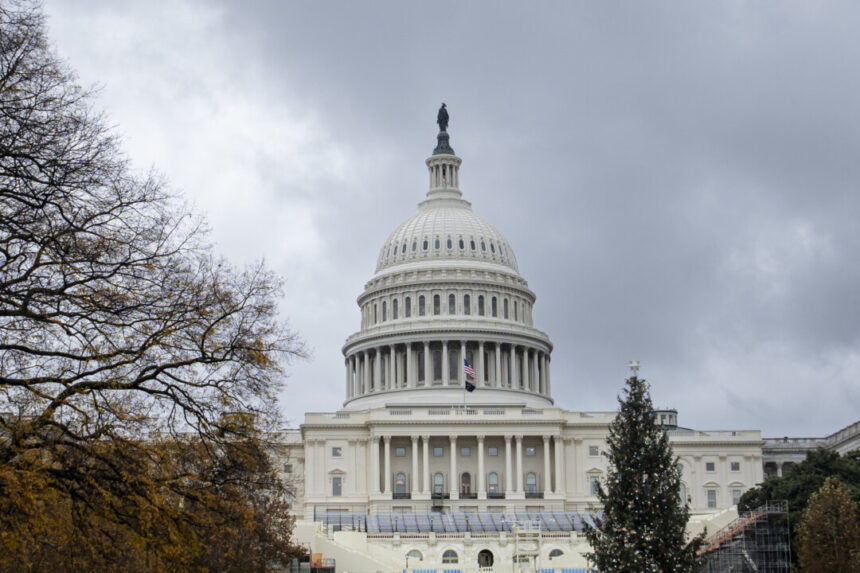The Equal Rights Amendment (ERA) is currently in a legal gray area, with questions about its ratification and potential legal implications. Over 120 House Democrats, led by Rep. Cori Bush and Rep. Ayanna Pressley, are urging President Joe Biden to recognize the ERA as the 28th Amendment to the U.S. Constitution. They argue that this move is essential in securing equality and expanding rights for all Americans.
If Biden were to act on this request, it would likely face significant challenges and could result in extensive litigation. Critics of the ERA raise concerns about its potential impact on U.S. law, particularly in areas such as transgender rights and women’s sports. The history of the ERA dates back to 1923, but it has faced obstacles in achieving ratification.
The legal uncertainty surrounding the ERA centers on the 1982 deadline for ratification. Supporters of the ERA argue that the deadline is not applicable, as the required number of states have now ratified the amendment. They hope that Biden will take steps to officially recognize the ERA as part of the Constitution, despite potential legal challenges.
The final step in the process is considered an administrative one.
However, the National Archives have previously refused to take this step.
After Virginia ratified the ERA in 2020 as the 38th state to support the amendment, the Trump administration issued a memo asserting that Virginia’s ratification was irrelevant due to the expired 1982 deadline.
The memo also mentioned that several states had attempted to rescind their ratification of the ERA before the original 1979 deadline, including Nebraska, Tennessee, Idaho, Kentucky, and South Dakota.
Then-Archivist David Ferriero followed the memo, and the ERA was not published as part of the Constitution.
Subsequently, North Dakota also tried to withdraw its ratification, claiming it was only valid until the original 1979 deadline.
If President Biden were to request the addition of the ERA to the Constitution, questions about the constitutionality of the deadline and states’ ability to rescind their ratification would likely be heavily litigated.
If Biden approved the request and Archivist Colleen Joy Shogan published the ERA as the 28th Amendment, it would complete the final administrative step for its inclusion in the Constitution, pending further legal proceedings.
Ultimately, the Supreme Court would likely be tasked with resolving the fundamental question of whether the ERA is a legitimate part of the Constitution.





